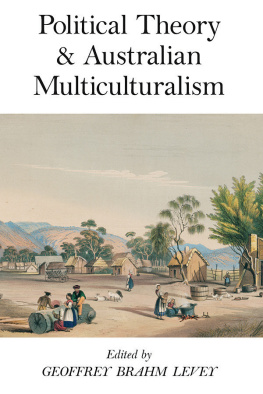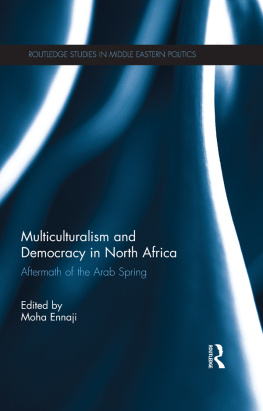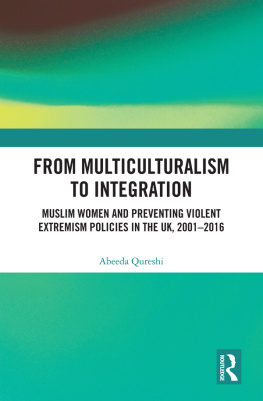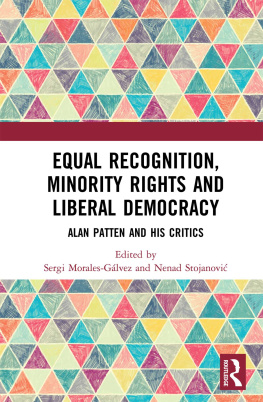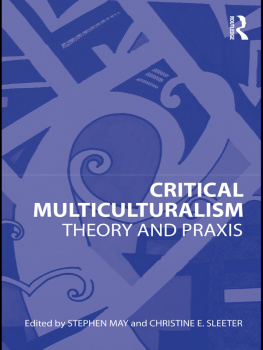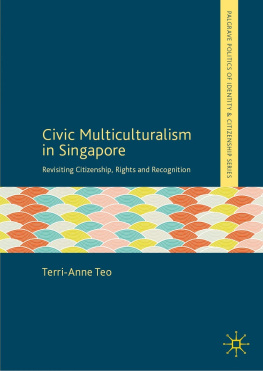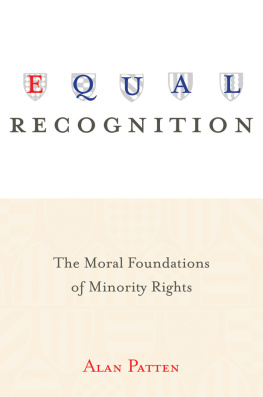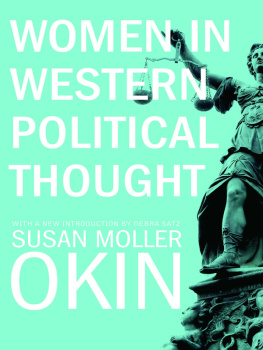Nussbaum Martha Craven - Is multiculturalism bad for women?
Here you can read online Nussbaum Martha Craven - Is multiculturalism bad for women? full text of the book (entire story) in english for free. Download pdf and epub, get meaning, cover and reviews about this ebook. City: Princeton, N.J, year: 1999, publisher: Princeton University Press, genre: Politics. Description of the work, (preface) as well as reviews are available. Best literature library LitArk.com created for fans of good reading and offers a wide selection of genres:
Romance novel
Science fiction
Adventure
Detective
Science
History
Home and family
Prose
Art
Politics
Computer
Non-fiction
Religion
Business
Children
Humor
Choose a favorite category and find really read worthwhile books. Enjoy immersion in the world of imagination, feel the emotions of the characters or learn something new for yourself, make an fascinating discovery.

- Book:Is multiculturalism bad for women?
- Author:
- Publisher:Princeton University Press
- Genre:
- Year:1999
- City:Princeton, N.J
- Rating:3 / 5
- Favourites:Add to favourites
- Your mark:
Is multiculturalism bad for women?: summary, description and annotation
We offer to read an annotation, description, summary or preface (depends on what the author of the book "Is multiculturalism bad for women?" wrote himself). If you haven't found the necessary information about the book — write in the comments, we will try to find it.
Polygamy, forced marriage, female genital mutilation, punishing women for being raped, differential access for men and women to health care and education, unequal rights of ownership, assembly, and political participation, unequal vulnerability to violence. These practices and conditions are standard in some parts of the world. Do demands for multiculturalism--and certain minority group rights in particular--make them more likely to continue and to spread to liberal democracies? Are there fundamental conflicts between our commitment to gender equity and our increasing desire to respect the customs of minority cultures or religions? In this book, the eminent feminist Susan Moller Okin and fifteen of the worlds leading thinkers about feminism and multiculturalism explore these unsettling questions in a provocative, passionate, and illuminating debate.
Okin opens by arguing that some group rights can, in fact, endanger women. She points, for example, to the French governments giving thousands of male immigrants special permission to bring multiple wives into the country, despite French laws against polygamy and the wives own bitter opposition to the practice. Okin argues that if we agree that women should not be disadvantaged because of their sex, we should not accept group rights that permit oppressive practices on the grounds that they are fundamental to minority cultures whose existence may otherwise be threatened.
In reply, some respondents reject Okins position outright, contending that her views are rooted in a moral universalism that is blind to cultural difference. Others quarrel with Okins focus on gender, or argue that we should be careful about which group rights we permit, but not reject the category of group rights altogether. Okin concludes with a rebuttal, clarifying, adjusting, and extending her original position. These incisive and accessible essays--expanded from their original publication in Boston Review and including four new contributions--are indispensable reading for anyone interested in one of the most contentious social and political issues today.
The diverse contributors, in addition to Okin, are Azizah al-Hibri, Abdullahi An-Naim, Homi Bhabha, Sander Gilman, Janet Halley, Bonnie Honig, Will Kymlicka, Martha Nussbaum, Bhikhu Parekh, Katha Pollitt, Robert Post, Joseph Raz, Saskia Sassen, Cass Sunstein, and Yael Tamir.
Nussbaum Martha Craven: author's other books
Who wrote Is multiculturalism bad for women?? Find out the surname, the name of the author of the book and a list of all author's works by series.

